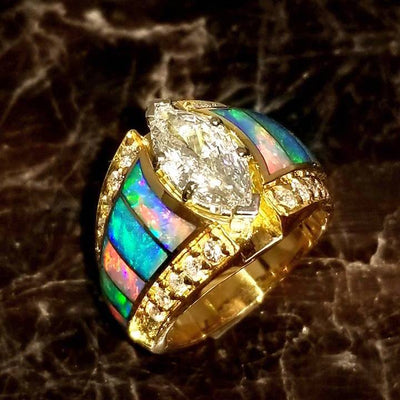The Timeless Connection: Exploring the Concept of Eternal Love Through Poetry and Literature
Cuerpo
Eternal love is a profound theme that resonates deeply within the realms of poetry and literature. This concept transcends time and space, capturing the hearts of readers and writers alike. But what exactly defines eternal love? Is it merely an idealized notion, or does it hold a tangible significance in our lives? In this article, we will delve into the multifaceted nature of eternal love, examining its portrayal in various literary works and its enduring impact on human emotions.

Eternal Love in Poetry
Poetry has long served as a vessel for expressing the complexities of eternal love. Renowned poets such as Pablo Neruda and Elizabeth Barrett Browning have eloquently articulated the essence of everlasting affection. Their verses often explore themes of devotion, longing, and the transcendence of time.
- Pablo Neruda: His poem "Sonnet XVII" encapsulates the intensity of love that defies all boundaries.
- Elizabeth Barrett Browning: In "How Do I Love Thee?", she enumerates the depths of her love, illustrating its eternal nature.
These poetic expressions not only evoke strong emotions but also invite readers to reflect on their own experiences with eternal love. Through vivid imagery and heartfelt language, poets create a connection that resonates across generations.
The Representation of Eternal Love in Literature
Literature, too, offers a rich tapestry of narratives that explore eternal love. Classic novels such as "Pride and Prejudice" by Jane Austen and "Wuthering Heights" by Emily Brontë depict love that endures despite societal constraints and personal struggles. These stories remind us that eternal love is often intertwined with sacrifice and resilience.
Moreover, contemporary literature continues to explore this theme, presenting diverse perspectives on what it means to love eternally. Whether through romantic relationships or deep friendships, the portrayal of eternal love remains a powerful force in storytelling.
The Symbolism of Eternal Love in Jewelry
Jewelry has long been associated with the expression of eternal love. Engagement rings, particularly those featuring opals, symbolize commitment and devotion. The unique beauty of opals, with their shifting colors, mirrors the complexities of love itself. For those seeking a distinctive representation of their eternal bond, consider exploring  , where each piece tells a story of everlasting affection.
, where each piece tells a story of everlasting affection.
Conclusion: Embracing the Concept of Eternal Love
In conclusion, eternal love is a timeless concept that continues to inspire poets, authors, and individuals alike. Through the lens of poetry and literature, we gain insight into the profound emotions that accompany this enduring bond. As we navigate our own relationships, let us embrace the ideals of eternal love, recognizing its power to connect us across time and space.
Ultimately, whether expressed through words or symbols, eternal love remains a cherished aspect of the human experience, inviting us to explore its depths and celebrate its beauty.









Comentarios